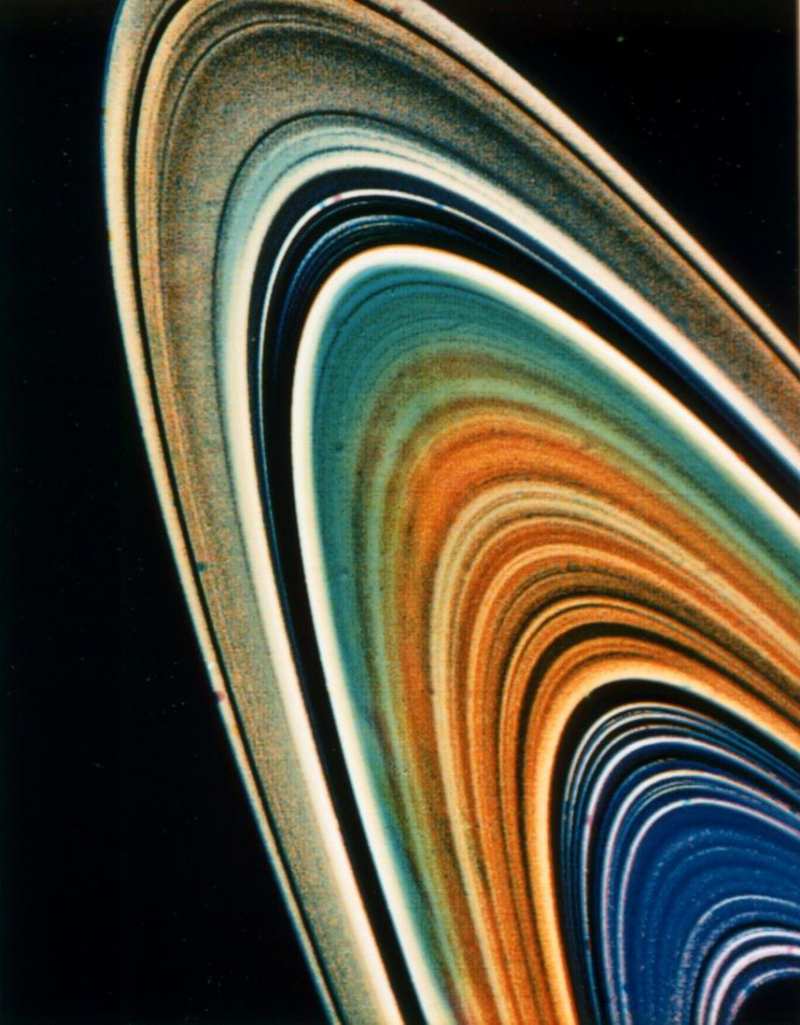J. P. Moreland: This Moral Knowledge a Surer Bet than the Electron
On this episode of ID the Future, Biola philosopher J. P. Moreland concludes a four-part series with host Mike Keas on scientism (not to be confused with objective scientific investigation). Moreland calls scientism “the single most destructive idea on the stage of life today. … It’s evil and it’s everywhere.” Strong words! But he isn’t without hope. Moreland explains how moral knowledge can be stronger, more secure, than even much scientific knowledge, and far more secure than the self-defeating materialist ideology that is scientism. He’s distilling arguments from his new book Scientism and Secularism: Learning to Respond to a Dangerous Ideology.
Read More ›